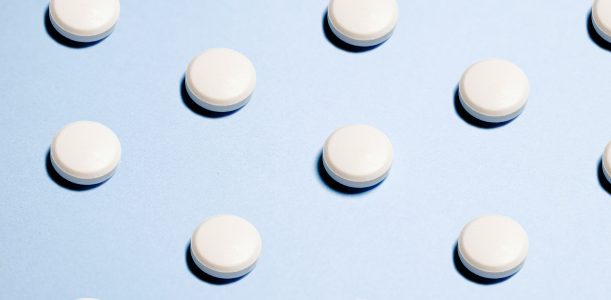Ending Addiction Starts with Rx Destroyer
National Opioid Awareness Day, observed on September 21, is marked to create awareness about the effects of opioid overdose and reduce the stigma associated with it.
September 21, 2022 | Drug Diversion Prevention
What are opioids?
Opioids, according to the CDC, are Natural, synthetic, or semi-synthetic chemicals that interact with opioid receptors on nerve cells in the body and brain and reduce the intensity of pain signals and feelings of pain. Common types of opioids are oxycodone, hydrocodone, morphine, and methadone.
What does addiction mean?
Addiction is a compulsive need for and use of habit-forming substance. In this context, substances include opioids. The term addiction is shifting to “Substance Use Disorder” to raise awareness of overdoses, reduce the stigma of drug-related deaths, and acknowledge the grief felt by families and friends.
Why are opioids prescribed?
Prescription opioids are legally prescribed to treat pain, commonly before or after a surgery. More than 191 million opioid prescriptions were dispensed to American patients in 2017—with wide variation across states. Prescription opioids can be safe if used as directed by a doctor and when taken for a short time, but because they can produce a feeling of intense excitement and happiness in addition to pain relief, they can be misused and have addiction potential for those with substance use disorder.
Are opioids illegal?
In short, most are not illegal but are illegal if they are not prescribed to you. This class of drugs includes illegal drugs such as heroin which can cause collapsed veins, infection of the heart lining and valves, abscesses, pneumonia, tuberculosis, and liver and kidney disease.
Heroin is a very dangerous addictive drug and is never prescribed for medical use in the United States due to having a high potential for abuse and serve no legitimate medical purpose. According to the US Department of Justice, it is diverted from drug trafficking organizations and sold illegally.
Synthetic drugs are created using man-made chemicals rather than natural ingredients. Synthetic opioids are legal by prescription, and pain medications are available legally by prescription, these types of drugs include oxycodone and morphine.
Are opioids dangerous?
Although opioids can be prescribed to relieve pain, they are not in the same category as over-the-counter painkillers such as aspirin, Advil, and Tylenol. Opioids can be dangerous if obtained illegally or not used as directed. Opioids taken at a high dose can lower breathing and heart rate, which can lead to death.
How are opioids addictive?
According to Mayo Clinic, even the use of opioids for a short time, can cause addiction. Anyone who takes opioids are at risk of addiction. Going back to the fact that they can produce euphoria, the more someone takes opioids, the less their body can produce the same feeling, and the same dose they were once taking no longer produces the same effect. This can lead to opioid misuse and overdoses.
How many lives have opioids taken in the last year?
Data from the CDC estimated that death from overdose from opioids was 75,673 from April 2020-April 2021. This is an increase from 50,064 the year before.
How can you help?
Rx Destroyer drug disposal system 4 or 16 ounce bottles are used for households to dispose and deactivate unused or unwanted drugs. Our 4 and 16 ounce bottles are perfect for medicine cabinets or drawers. Our formula deactivates drugs on contact and makes them irretrievable, meaning one won’t be able to recover the discarded drugs in Rx Destroyer, this helps ensure that drugs don’t end up in the wrong hands. Prevention is the missing link in the Opioid Epidemic and Rx Destroyer aims to help prevent drug diversion, misuse, and abuse.


